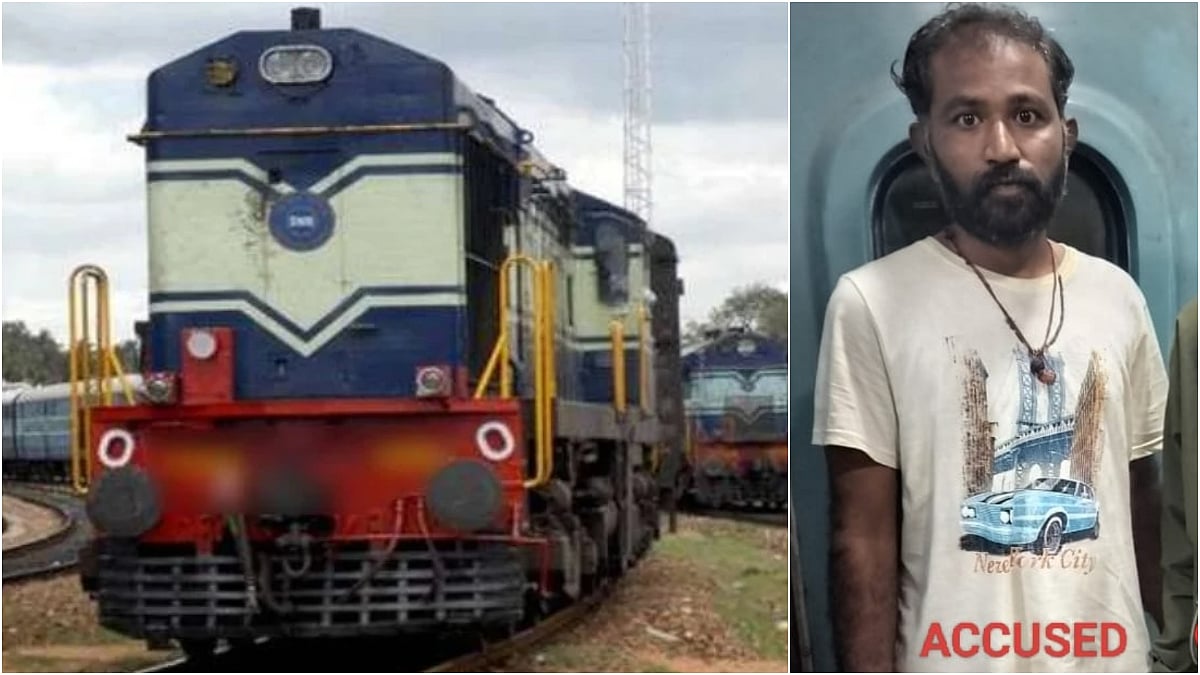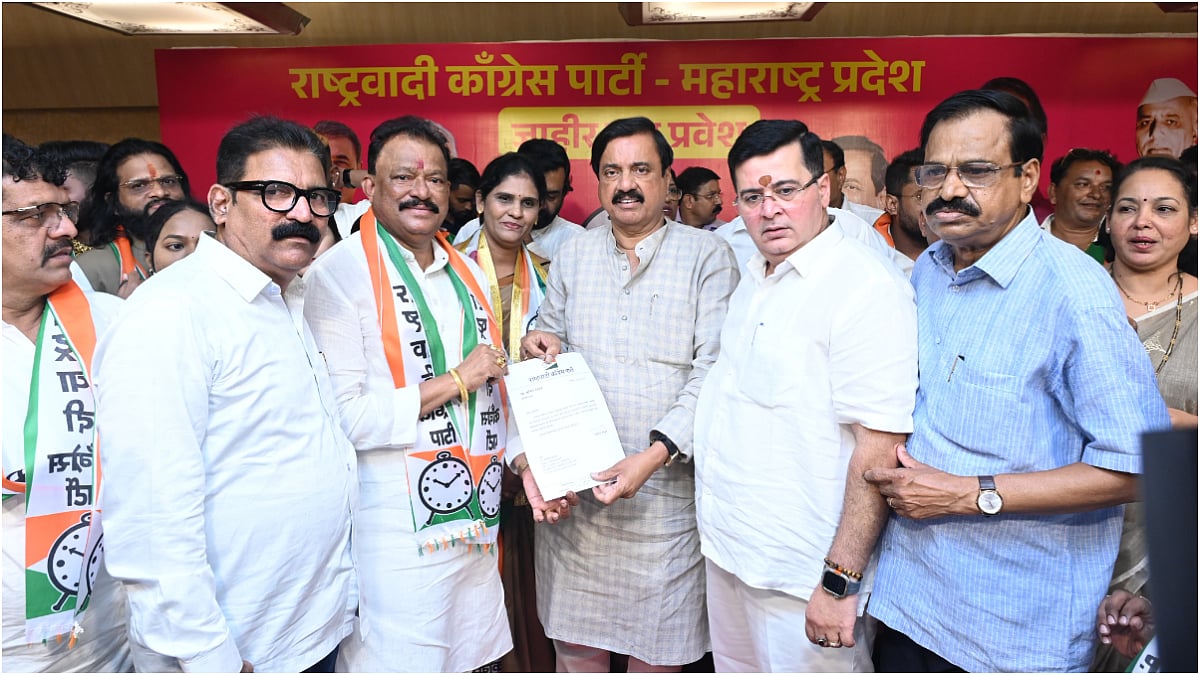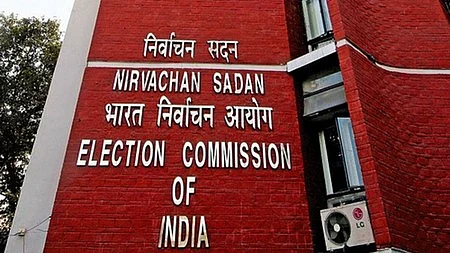On Saturday, the Prayagraj adminstration invoked the stringent National Security Act (NSA) against Javed Mohammad, who is alleged by authorities to be the main conspirator behind the June 10 violence, district magistrate Sanjay Kumar Khatri said.
The June 10 violence occurred during protests over derogatory remarks against Prophet Mohammed by former BJP spokesperson Nupur Sharma.
The NSA order was sent to the Deoria district jail, where Mohammad is currently lodged, on Saturday evening. The draconian law allows the government to incarcerate a person for up to a year without charge or trial.
Mohammad was arrested in the early hours of June 11, hours after Prayagraj witnessed some incidents of stone pelting in the Khuldabad locality after the Friday prayers of June 10 in protest against BJP leader Nupur Sharma’s controversial remarks about Prophet Mohammad.
Police claimed Mohammad was the “ring leader” of the violence – a charge he and his lawyers deny – and his residence was demolished by the authorities on June 12.
What is the NSA?
The National Security Act of 1980 is an act of the Indian Parliament promulgated on September 23, 1980 whose purpose is "to provide for preventive detention in certain cases and for matters connected therewith".
The act extends to the whole of India. It Contains 18 sections. This act empowers the Central Government and State Governments to detain a person to prevent him/her from acting in any manner prejudicial to the security of India, the relations of India with foreign countries, the maintenance of public order, or the maintenance of supplies and services essential to the community it is necessary so to do.
The act also gives power to the governments to detain a foreigner in a view to regulate his presence or expel from the country. The act was passed in 1980 during the Indira Gandhi Government.
The National Security Act along with other laws allowing preventive detention have come under wide criticism for their alleged misuse. The act's constitutional validity even during peacetime has been described by some sections as an anachronism.











